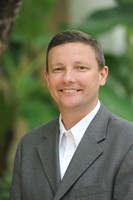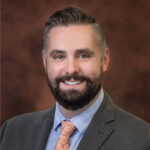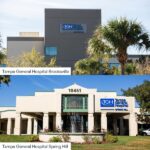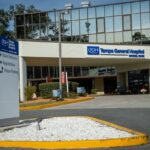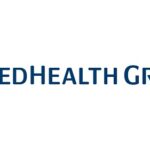 Healthcare is in a state of tremendous flux, with changes occurring at every level of the delivery system.
Healthcare is in a state of tremendous flux, with changes occurring at every level of the delivery system.Government mandates ranging from patient outcomes to patient satisfaction will impact an organization’s financial bottom line. Electronic medical record implementation is changing workflows, increasing short-term demands on providers in an effort to bring long-term gain.
Meanwhile, reimbursement reductions mean some providers are being paid less while performing the same volume of work – or more. As a result, organizations are looking to streamline operations, creating lean processes that can enhance efficiency and reduce waste while at the same time, enhance the environments of care, empower teams and create satisfying career opportunities.
This shifting landscape places a renewed emphasis on strong, competent leadership – particularly in areas of patient care where clinicians expert in disciplines such as nursing and pharmacy are being thrust into an administrative arena that requires a whole new set of skills and knowledge.
As a result, supporting the advancement of emerging leaders and development of leaders already in place must be a top priority for healthcare organizations. Planning must start now, with organizations being committed to the development of individuals for increased responsibility and leadership roles.
Because quality processes matter more now than ever, leaders must support staff and system competence improvement. Developing leaders for the ever-evolving environment is critical. At Martin Health, the leader development strategy is multifaceted. The Martin Health performance excellence and learning and organizational departments work closely together in order to integrate lean concepts with leadership development.
We have also seen the value of multi-disciplinary training, providing clinical staff with a macroscopic view of the entire health system. Executive leaders serve as mentors, taking time to coach emerging and existing leaders, offering opportunities for stretch assignments and involvement outside the organization in industry forums. Using a formalized assessment and development process is fundamental and positions an organization for the next phase of leadership work – succession planning.
These strategies help create a culture of constant learning, problem-solving and process improvement that is critical to Martin Health’s ability to adapt to forces of change.
During my 30-year career in healthcare and executive leadership, I’ve seen many aspects of great, good and “OK” healthcare organizations. In 2009, I served as national President of the American Organization of Nurse Executives and also in roles with the American Hospital Association and the American College of Healthcare Executives. I’ve also served as professor in administration and leadership with graduate students focused on the next generation of leaders.
From my perspective, these experiences demonstrate the value that I hold for developing leadership through education and hands-on experiences. Executives are poised to mentor emerging leaders in evidence-based best practices that can improve organization operations and in fact, I believe this is one of the highest responsibilities of senior leaders.
Learning about the diverse functions of a healthcare organization – ranging from marketing to revenue cycle, IT systems to corporate compliance – allows developing leaders to better understand how each facet of the system plays a significant role in its overall success. Breaking down the silos that are inherent to many healthcare organizations is a critical step toward cultivating leaders with a big-picture view that is increasingly necessary.
It is my belief that every person involved in a healthcare organization is part of the care delivery process – either directly in hands-on patient care or in a role supporting the organization so that the direct care providers can do that work. Patient care in today’s environment involves whole system thinking and action. By developing leaders who have been developed in many aspects of the health system environment, we believe we can improve the delivery of care as a whole. That benefits our patients and our community and positions our organization to be in a great place for years to come.




